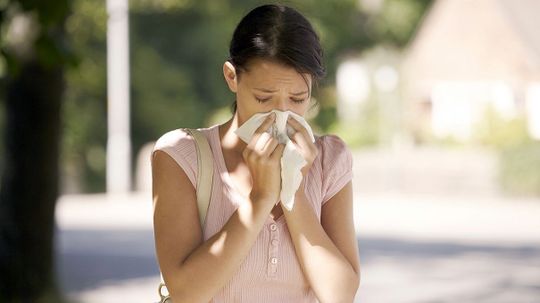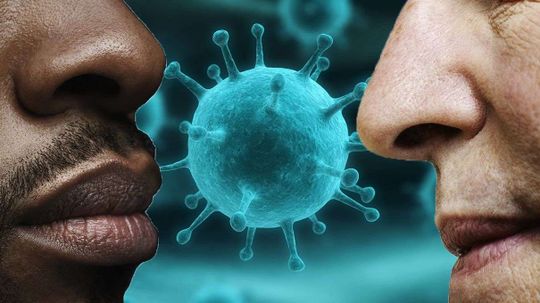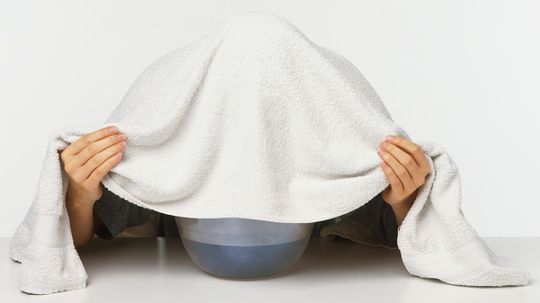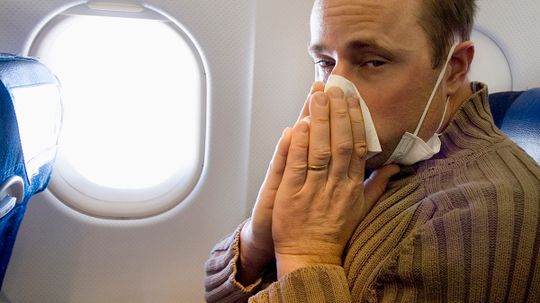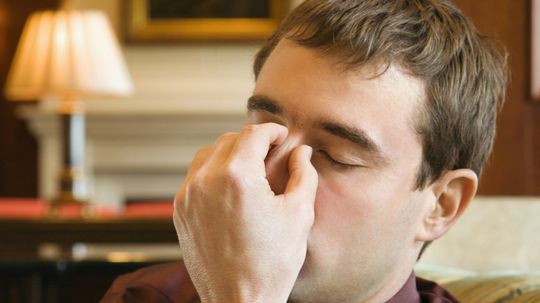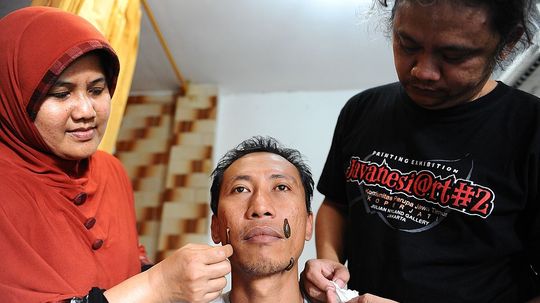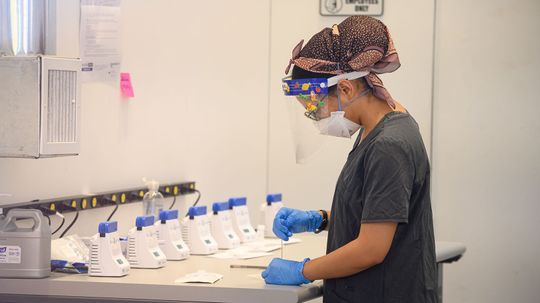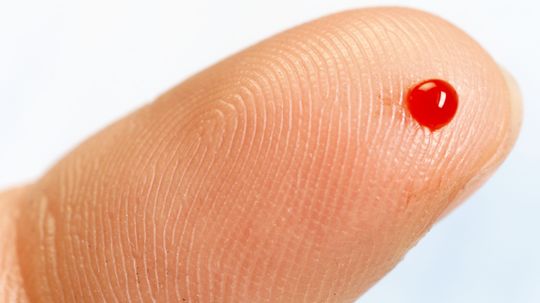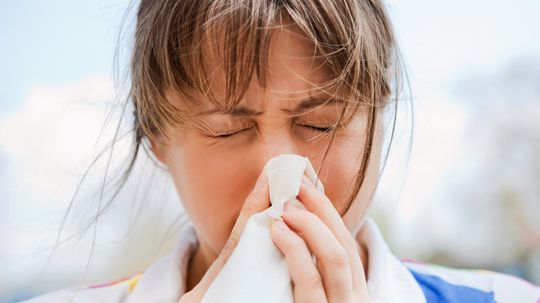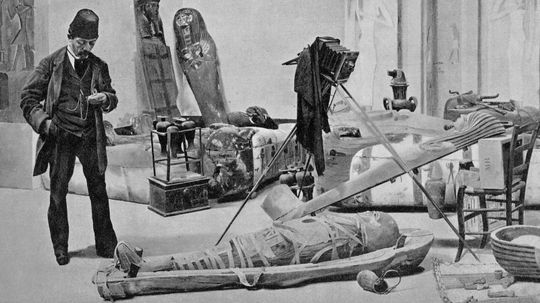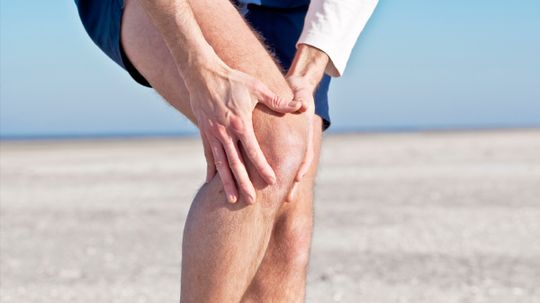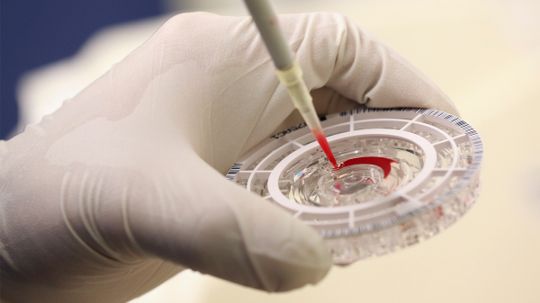Diseases and Conditions
Know how to prevent, treat and control the symptoms of various diseases and medical conditions. We explain what's happening in your body when disease strikes, and what you can do to feel better faster.

Can Pollen Allergies Make You Tired?
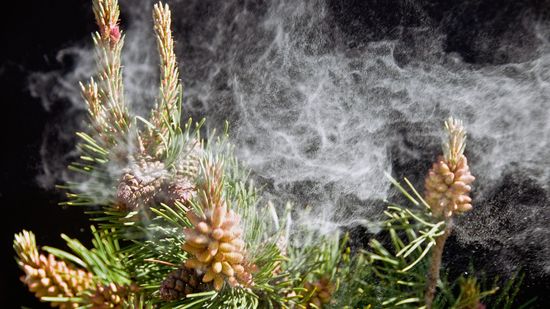
The Science Behind the Pollen Count

Why There Is So Much Confusion About Who Has Food Allergies
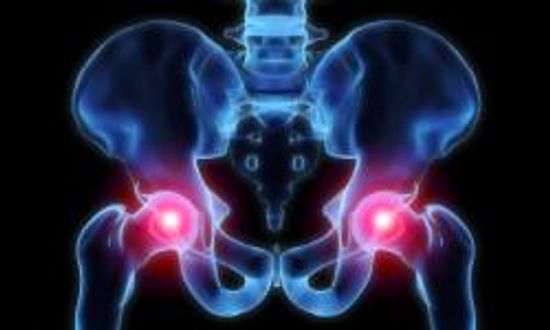
Are there stretches you can do for osteoarthritis of the hip?

How do you cope with multi-level degenerative osteoarthritis?

Do You Need to Have a Positive Attitude to Beat Cancer?

8 Thoughtful Ways to Help a Loved One Going Through Chemo

Why Is Pancreatic Cancer So Deadly?

What's the Difference Between Cardiac Arrest and a Heart Attack?
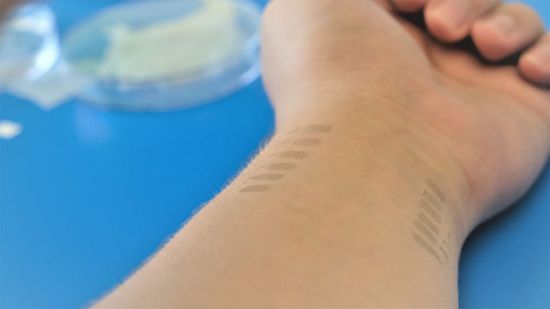
How the Graphene Blood Pressure Tattoo Will Change Monitoring
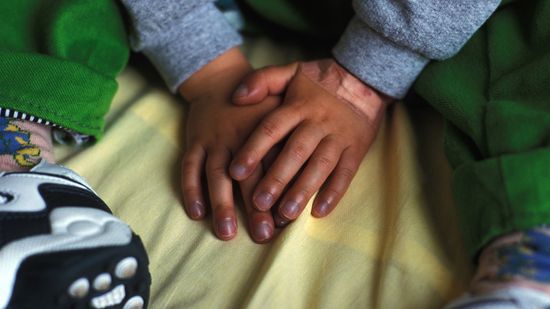
Cyanosis: Why Your Fingers Turn Blue
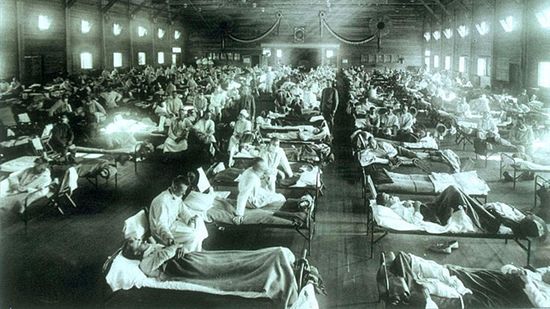
The 1918 Spanish Flu Killed Millions — and Experts Fear It Could Happen Again
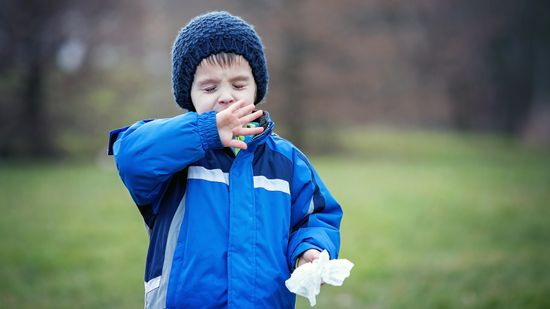
Can the Change in Temperature Really Make You Sick?

Quiz: What's the difference between flu and a cold?
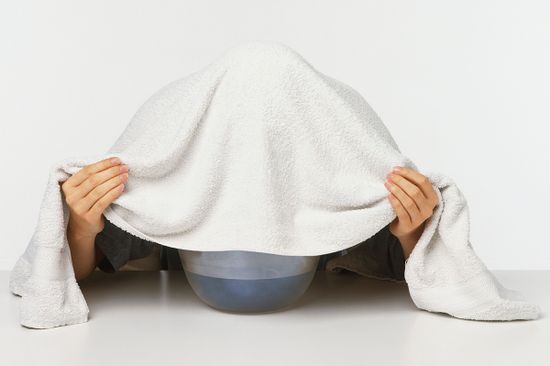
10 Tips for How to Relieve Sinus Pressure

4 Occupations Prone to Sinus Trouble
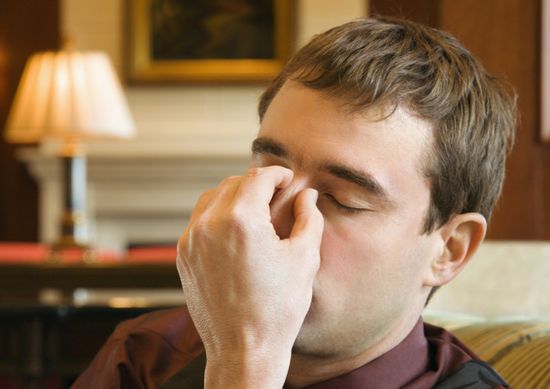
Understanding Sinus Congestion

How does your body know when to secrete insulin?

Yeast Overgrowth

How to Cure A UTI Naturally

Urinary Tract Infection Lifestyle Tips

Urinary Tract Infection Prevention
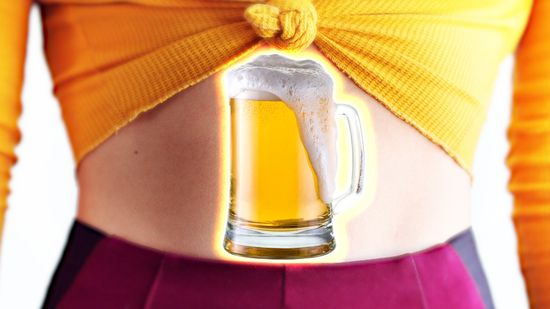
The Curse of Brewing Beer in Your Own Belly

Is the BRAT Diet Still Beneficial?

Crazy Common Things People Swallow (That They Shouldn’t)

Why Your Baby Could Be Giving You Mommy Thumb

How Whole-Body Cryotherapy Works
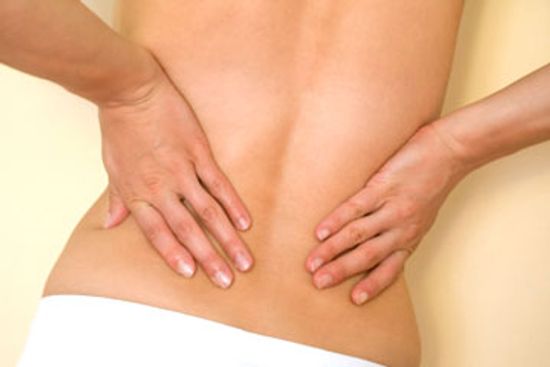
How to Relieve Sciatic Nerve Pain

Is Polio Back? Here's What You Need to Know
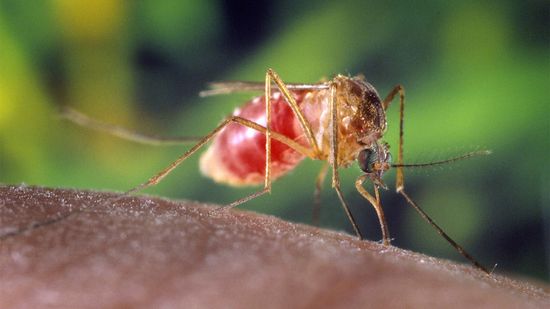
Can Viruses Make You Smell More Attractive to Mosquitoes?
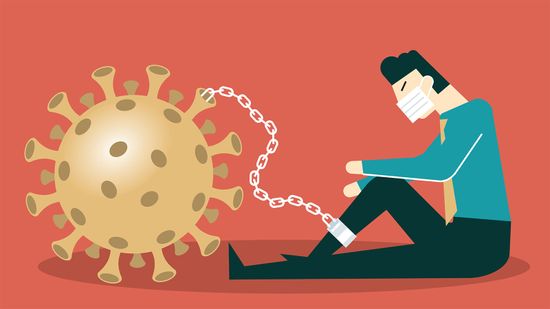
1 in 3 Who Had COVID-19 Have Long COVID Symptoms, Says Oxford Study
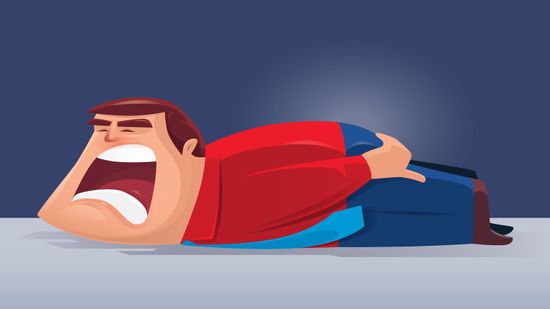
No Joke: Dead Butt Syndrome Is a Real Pain

What the Heck is Tech Neck? How Millennials Could Be the Wrinkliest Generation
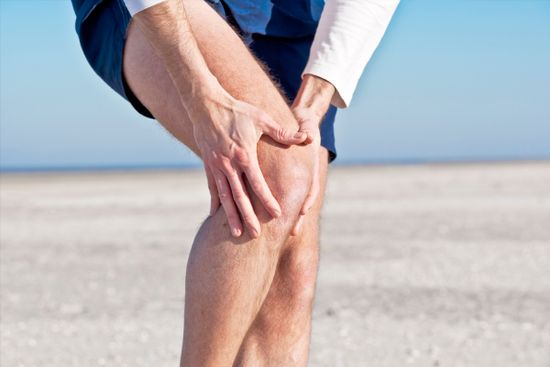
Can you really get a bone infection?
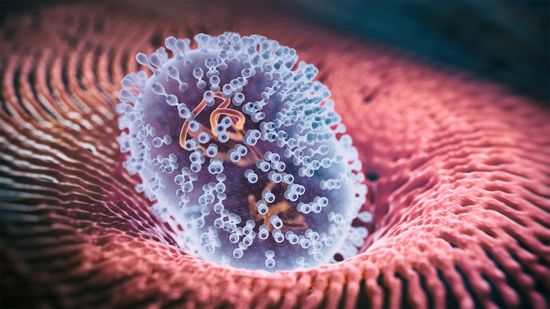
Monkeypox Is a Global Health Emergency, But Don't Panic Yet
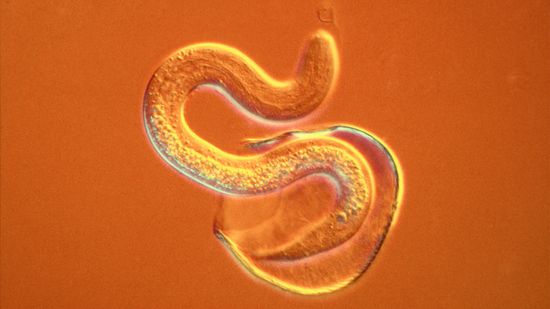
Nematodes: Do We Still Need to Worry About Roundworms and Bare Feet?

Scurvy: The Scourge of the High Seas Remains at Large Today
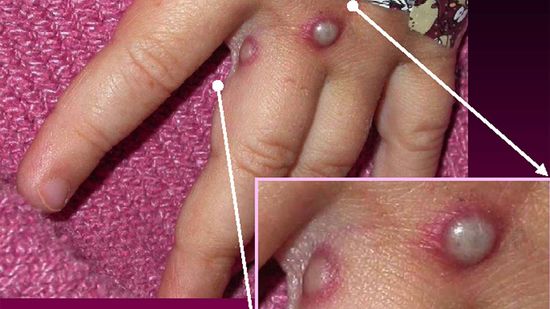
Monkeypox Confirmed in the U.S. and Europe. What You Need to Know

How to Clean and Store Your Cloth Face Mask

How Anosmia, or 'Smell Blindness,' Can Help Pinpoint COVID-19
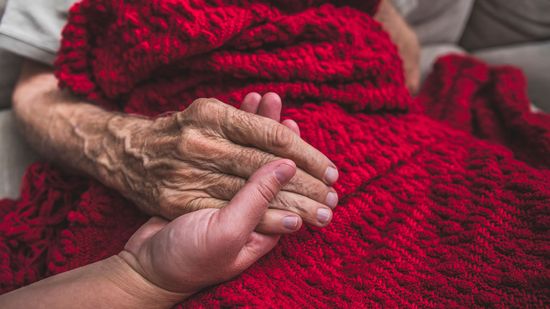
Do People Really Die of Old Age?

The Sarco Suicide Pod: Controversial or Compassionate?
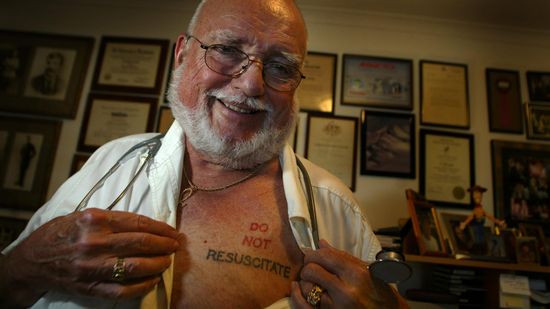
Telling Doctors Not to Resuscitate, by Tattoo
Learn More / Page 3
If you're moving from one city to another, pack some extra tissues because it's true: Seasonal allergies can flare up when you relocate and are exposed to new allergens.
The branding on cigarette boxes steers smokers who pick up the packs. But without it, smokers aren't as keen on taking a drag.
Sometimes the nose knows. What advances are being made in detecting diseases by scent?
Advertisement
Relieving sinus pressure isn't rocket science, but when your head's clogged up, it can feel just as important.
For most people, sinuses are only really a problem in the spring and fall, when allergies, colds and flu take over. But for an unlucky few, sinus pressure and pain come with the job.
By Dave Roos
Throw some germy surfaces into a mix of dry air and a pressurized cabin, and you have a recipe for sinus misery.
When your sinuses are clogged and you can't breathe, it might help to know how those cavities work. Over-the-counter decongestants help, too.
Advertisement
Naming a disease after a person makes it more memorable than giving it a bland technical moniker. It's also a good way to pay tribute to its discoverer. Who were the people that gave their names to Parkinson's, Alzheimer's and other diseases?
There may be more going on with your body than just itchy eyes and a runny nose when you're dealing with seasonal allergies, a small new study finds.
Thanks to a portable driver, Stan Larkin was able to live with an artificial heart out in the real world for 555 days.
New approach to treating allergies involves hiding allergen in friendly shell so immune system doesn't attack it.
Advertisement
Are jet air hand dryers the safest way to dry your hands after using the bathroom or are they blasting invisible microbes through the air with every use?
Although scientists knew that birth season affected people's allergy risk, they didn’t know why this happened. A study gets us one step closer.
With the rise of drug-resistant bacteria, scientists are taking a second look at infection treatments that were popular before antibiotics. Which ones might work today, and which ones are just quackery?
Is surrounding yourself with supercooled nitrogen gas a smart move for pain relief or a bunch of pseudoscience?
By Oisin Curran
Advertisement
Depending on the test and other factors, false positives can be extremely high for certain tests. Why is that, and what can be done about it?
Are turkey necks the next man bun? Turns out smartphone use can increase the wrinkle factor for saggy skin known as "tech neck."
By Chris Opfer
With blood pumping through your body every second of the day, it seems unthinkable that this life-giving substance could be an allergen. For some people, it's not weird science — it's reality.
Allergy symptoms like itchy, watery eyes aren't any fun to deal with. Could you be causing your own pain with certain patterns of behavior?
Advertisement
Death is a fact of life. Since the beginning of time humanity has come up with numerous superstitions to come to terms with the dearly departed.
By Bambi Turner
How can something so small be such a giant pain? Tweezers can undo most splinter damage but not all: That tiny interloper might be teeming with bacteria.
Living with ulcers often means passing up your favorite spicy foods. But it gets worse — ulcers can form inside your body and on your skin, leading to potentially fatal conditions.
It might seem counterintuitive for labs to stock highly contagious diseases, but some researchers insist it's with good reason.
By Debra Ronca
Advertisement
Although it's uncommon, bones can get infected — and it can be pretty serious stuff.
By Debra Ronca
Some people believe being Rh-negative type makes them immune to viruses like Ebola. Let's get to the bottom of this theory.
By Debra Ronca
